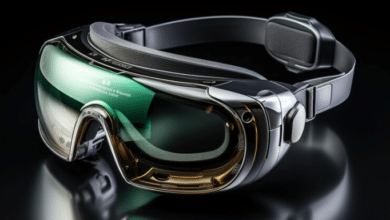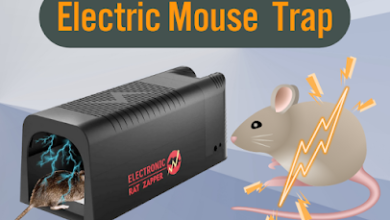Choosing the Perfect Mouse Pad: The Secret to Optimizing Your Computing Experience
Choosing the Perfect Mouse Pad: The Secret to Optimizing Your Computing Experience
Introduction
A mouse pad is a small but essential accessory used in computing. Mouse pads come in various sizes, shapes, and materials, such as cloth or plastic, with some featuring specialized features like non-slip backing or wireless charging capabilities. A mouse pad helps to optimize the movement of a computer mouse.
Why use a mouse pad?
There are several reasons why using a mouse pad is important:
Smooth Movement
A mouse pad provides a smooth and consistent surface for your mouse to glide on, without any bumps or rough spots that may interfere with its movement.
Precision
A mouse pad provides a more accurate tracking surface for your mouse, allowing you to move it more precisely.
Ergonomics
A mouse pad helps to reduce the strain on your wrist and arm muscles by providing a cushioned surface for your hand to rest on.
Durability
A mouse pad protects the surface of your desk from scratches and wear caused by the movement of your mouse.
Types of Mouse Pads
There are some of the most common types of mouse pads are given below according to your preferences.
Cloth Mouse Pads
These are the most common type of mouse pads and are made of cloth material with a rubber or foam base. They provide a smooth surface for the mouse to glide on and are generally inexpensive.
Hard Mouse Pads
Hard mouse pads are made of plastic or metal and have a smooth surface that provides precise tracking for the mouse. They are durable and easy to clean, but they can be noisy and may cause more friction than cloth mouse pads.
Gaming Mouse Pads
These mouse pads are designed specifically for gamers and have a larger surface area for movement. They may also have special features like non-slip backing and extra cushioning.
Wireless Charging Mouse Pads
These mouse pads have a built-in wireless charger that charges your wireless mouse while it is in use.
Features to Consider When Choosing a Mouse Pad
Surface Material
The surface material of a mouse pad can affect the accuracy and speed of the mouse’s movement. Cloth mouse pads provide a smooth and consistent surface, while hard mouse pads provide more precise tracking.
Size
The size of the mouse pad depends on personal preference and the available desk space. Larger mouse pads provide more room for movement, while smaller ones are more portable.
Thickness
The thickness of a mouse pad affects comfort and ergonomics. Thicker mouse pads provide more cushioning, while thinner ones are more compact.
Non-Slip Backing
A mouse pad with non-slip backing prevents it from sliding around on the desk.
Durability
A durable mouse pad can withstand the wear and tear of daily use and provide long-lasting performance.
Conclusion
In conclusion, a mouse pad is an important accessory for any computer user. It provides a smooth and accurate surface for your mouse, reduces strain on your wrist and arm muscles, and protects your desk surface from scratches and wear. With the right mouse pad, you can enjoy a more comfortable and efficient computing experience.










